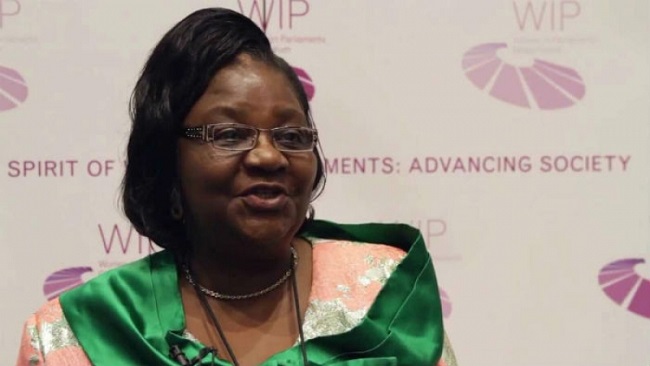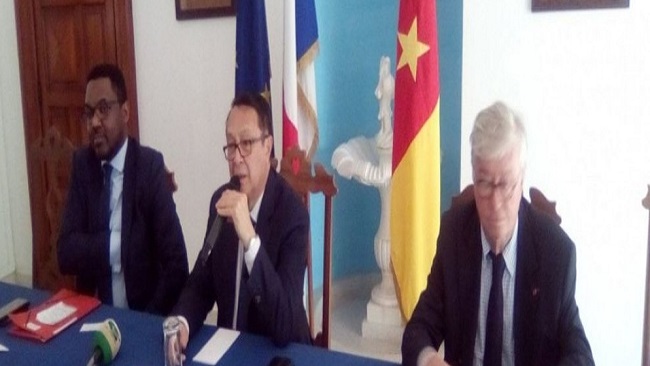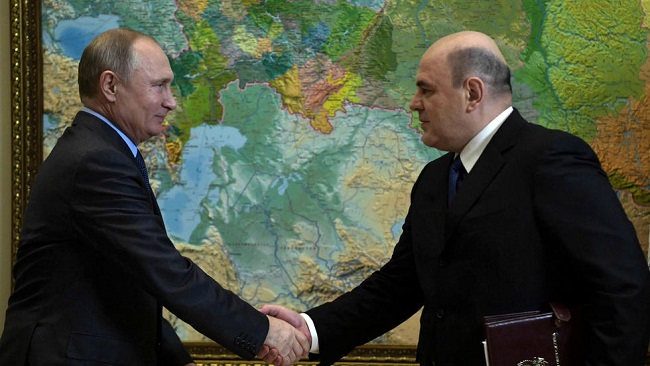22, January 2020
French Cameroun: Opposition party says country will not have free and fair elections 0
There are concerns about the fairness of Cameroon’s legislative and municipal elections to be held next month amid a security crisis in the country’s English-speaking northwestern and southwestern regions, Turkey-based Anadolu Agency reported.
Njong Evaristus Ndim, a member of the main opposition Social Democratic Front, told the news agency that the February 9 vote would not have free and fair. In the country’s northwestern regions, the offices of Elections Cameroon (ELECAM) which is in charge of running the ballot were not functional, he said.
Last week, separatists vowed to disrupt the polls, but the Cameroon government has promised to deal with troublemakers.
Armed separatist groups have threatened security in the country for more than three years.
Anadolu Agency reported that in the weeks leading to the elections, the group had been trying to ban people from casting their votes.
Evaristus Ndim said his fellow legislators from the ruling Cameroon People’s Democratic Movement were also unable to reach the areas they represented in the conflict zones.
Last October last year, soldiers were deployed to secure the perimeter of a polling station near Buea in southwestern Cameroon, during the presidential election. This month about 350 security forces have arrived in Buea, the East African reported.
The publication said the security forces would be re-deployed to the six administrative divisions of the region to ensure security before, during and after the elections.
Source: African News Agency (ANA)


























23, January 2020
Elections aggravate deadly violence in Cameroon 0
Parliamentary and municipal elections scheduled for next month have escalated the crisis in English-speaking regions of Cameroon.
Separatists are running serious battles with security forces. Violence has characterised the run up to the polls scheduled for February 9.
Tensions started last month (December 2019) after separatists attempted to shoot down a commercial plane landing in the Northwest and the subsequent abduction of about 40 candidates of the parliamentary and municipal elections in the West.
Communities in the regions are opposed to the elections. To reiterate their stance, the Ambazonian separatist group recently burned down the Elections Cameroon office in Misaje in the Northwest region.
The nongovernmental Assessment Capacities Project (ACAPS) said the decision not to participate in the elections and subsequent attacks had heightened tensions in the Northwest and Southwest regions, increasing protection and displacement risks for people living in these regions.
The government has in response instituted a six-day lockdown beginning on February 6. This will include a 24-hour restriction on movement, closure of schools, markets, and businesses.
ACAPS bemoaned the lockdown has led to residents of the area stocking up on food, water and medical supplies.
Government has deployed 700 officers to affected regions to ensure security before, during, and after the elections.
“Troops presence is likely to agitate separatists who do not want the elections to take place,” ACAPS warned.
Hundreds of people have been killed during clashes featuring security forces and separatists in the said regions.
Separatists in the English-speaking region are demanding the creation of a new country – the proposed Ambazonia – alleging marginalisation by the government dominated by French speakers.
Source: CAJ News